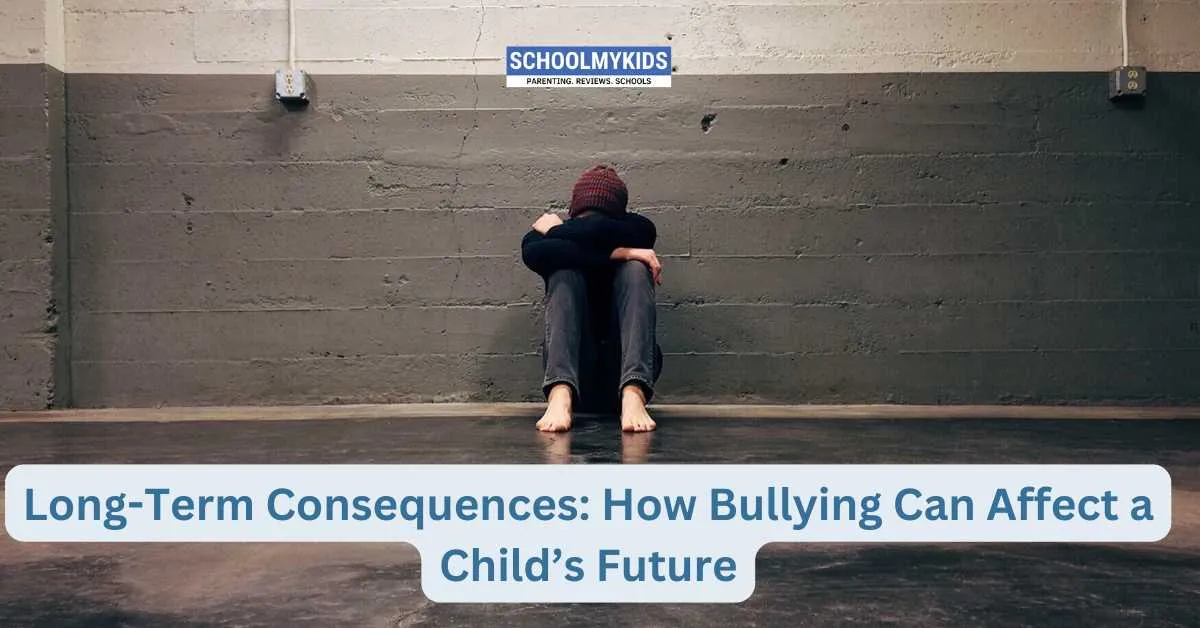Bullying is not a transient challenge confined to childhood—it can have enduring effects that shape an individual's future well into adulthood. Research and longitudinal studies reveal that the repercussions of bullying extend far beyond immediate emotional distress, influencing mental health, academic achievement, career prospects, and social relationships over the long term.
Persistent Mental Health Challenges
The emotional scars of bullying can last for years. Many individuals who experienced bullying as children face:
- Chronic Anxiety and Depression: Long-term exposure to bullying is linked to an increased risk of developing anxiety disorders and depression. Studies have shown that bullied children are two to three times more likely to experience clinical symptoms of these conditions later in life.
- Post-Traumatic Stress: For some, the persistent fear and stress associated with bullying can lead to symptoms similar to post-traumatic stress disorder (PTSD), affecting their ability to manage stress and trust others.
- Low Self-Esteem and Self-Worth: Continual exposure to negative messages can erode self-esteem, making it difficult to build a positive self-image and maintain confidence in personal and professional settings.
Academic and Career Implications
The academic setbacks linked to bullying can translate into long-term educational and career challenges:
- Educational Disruptions: Bullying-induced absenteeism and disengagement can result in lower academic performance. Early struggles in the classroom often limit higher education opportunities, which in turn can affect career advancement.
- Reduced Productivity and Job Satisfaction: Adults who were bullied as children may experience lingering effects on concentration and productivity. Lower self-confidence can also impede professional growth, leading to job dissatisfaction and reduced earning potential.
Social and Interpersonal Difficulties
The impact of bullying on social skills and relationships can persist into adulthood:
- Trust and Relationship Issues: Individuals who were bullied may have difficulty forming and maintaining trusting relationships. This can result in isolation and challenges in both personal and professional networks.
- Social Withdrawal: Long-term social isolation can be a common outcome, as past bullying experiences make it harder to engage in new social environments or collaborative work settings.
- Impaired Conflict Resolution: A history of bullying may hinder the development of healthy conflict resolution skills, making it challenging to navigate interpersonal disputes effectively.
Health and Lifestyle Effects
The chronic stress associated with bullying can lead to broader health implications:
- Physical Health Problems: Prolonged stress is linked to various health issues, including cardiovascular problems and a weakened immune system. The stress response activated by bullying may also contribute to chronic conditions later in life.
- Risky Behaviors: In some cases, individuals who have been bullied might turn to substance abuse or other risky behaviors as a coping mechanism, further complicating their long-term health outcomes.
Guidance for Parents and Educators
Understanding these long-term consequences underscores the importance of early intervention:
- Early Support and Counseling: Providing access to mental health resources and counseling can help mitigate the long-term effects of bullying. Early therapeutic intervention is critical in helping children build resilience.
- Building a Positive Environment: Creating safe, supportive school and home environments can reduce the incidence of bullying and help victims recover more effectively.
- Fostering Healthy Relationships: Teaching children healthy communication and conflict resolution skills can empower them to build stronger, more supportive relationships throughout their lives.
- Ongoing Monitoring: For children with a history of bullying, continuous support from parents, educators, and mental health professionals is essential to ensure that early challenges do not evolve into chronic issues.
Conclusion
The long-term consequences of bullying can be far-reaching, affecting mental health, academic performance, career prospects, and social relationships well into adulthood. By understanding these potential impacts and intervening early, parents, educators, and communities can work together to support children in overcoming bullying and building a healthier, more resilient future.









Be the first one to comment on this story.